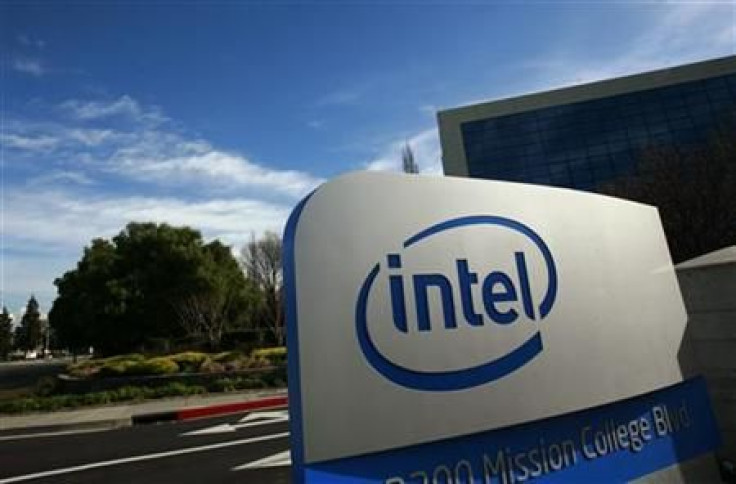Android for x86 Puts Intel in the Apps Processor Race

Intel said it has partnered with Google to optimize the Android operating system for Intel's low-power Atom processors.
Future versions of the Android platform will support Intel technology, in addition to other architectures, such as ARM processors.
Intel also indicated that it began to focus its efforts on the Android platform after its Meego partnership with Nokia fell out in the beginning of the year.
By optimizing the Android platform for Intel architecture, we bring a powerful new capability to market that will accelerate more industry adoption and choice, and bring exciting new products to market that harness the combined potential of Intel technology and the Android platform, said Intel President and CEO Paul Otellini.Together we are accelerating Intel architecture and bringing new levels of innovation to a maturing Android platform.
Intel has extensively recruited smartphone talent to ensure key features are included/optimized to enable design wins.
We view the joint effort as a considerable positive for Intel as it will speed time-to-market for Intel Atom processors in smartphones and tablets, Wedbush Morgan analyst Betsy Van Hees said.
On the other hand, Raymond James analyst Hans Mosesmann said: we see no strategic angle at the moment given that this merely puts them on par with a number of competitors.
Meanwhile, Intel's focus on ultrabooks reflects a shift by Intel toward increased innovation in PCs, whereby it aims to lead the industry in advanced form factors and user input methods, even ahead of Apple.
We believe this can drive stable processor ASPs and shorter replacement cycles, which are positive for sales growth and margins, UBS analyst Uche Orji wrote in a note to clients.
Heese said the recent pull back in shares of Intel has created a compelling entry point and recommends investors with a longer-term horizon build positions.
Ultrabook is a term coined by Intel to describe an emerging group of exceptionally thin and lightweight ultraportable laptops that have excellent battery life, mainstream performance and tablet-like features such as instant-on functionality. Intel expects 40 percent of the consumer laptop market segment will be Ultrabooks by the end of 2012.
These Ultrabooks rival MacBook Air, which are Apple's ultraportable Macintosh notebook computers. The MacBook Air comes in 11 and 13.3 screens and is powered by Intel's i5 and i7 processors.
© Copyright IBTimes 2024. All rights reserved.











